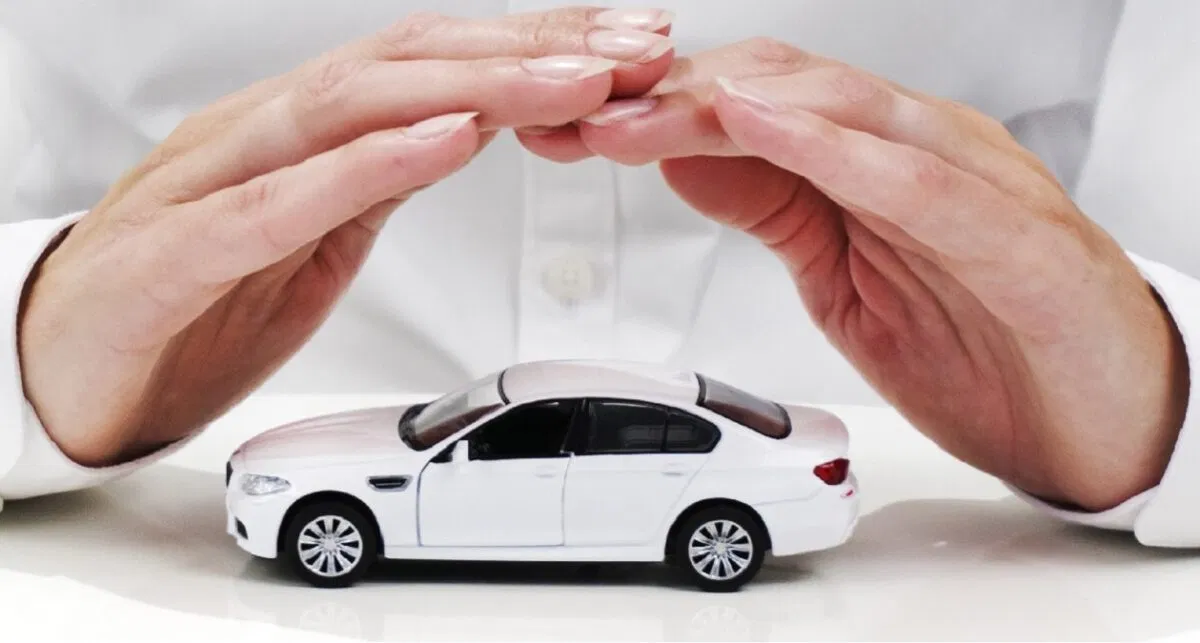Car insurance is a necessity for every driver. Whether you’re a first-time car owner or a seasoned driver, understanding car insurance is crucial to ensuring that you’re financially protected in the event of an accident. But with so many options, types of coverage, and factors affecting your premium, it can be overwhelming. In this article, we’ll break down what car insurance is, why it’s important, and how to choose the best policy for your needs.
What is Car Insurance?
Car insurance is a contract between you and an insurance provider that protects you financially if your car is involved in an accident or damaged in various situations. In exchange for paying a premium, your insurer agrees to cover certain costs related to the repair or replacement of your vehicle, medical expenses, and legal fees if necessary.
Car insurance can cover a variety of scenarios, including accidents, theft, natural disasters, and even vandalism. However, the level of coverage depends on the policy you choose.
Types of Car Insurance Coverage
When shopping for car insurance, it’s important to understand the different types of coverage available. Here are the most common options:
- Liability Insurance
Liability insurance is the most basic type of car insurance and is required in most states. It covers damages to other people or property if you’re found at fault in an accident. There are two main types of liability insurance:
- Bodily Injury Liability: This covers medical costs for people injured in an accident you caused.
- Property Damage Liability: This covers the cost of repairing or replacing property damaged in an accident you caused.
- Collision Coverage
Collision coverage helps pay for damage to your vehicle caused by a collision, regardless of who is at fault. This type of coverage is not required by law but may be necessary if you have a loan or lease on your vehicle.
- Comprehensive Coverage
Comprehensive coverage protects you against non-collision events such as theft, vandalism, fire, or natural disasters. This coverage is also typically optional unless required by your lender.
- Personal Injury Protection (PIP)
Personal Injury Protection, also known as no-fault insurance, covers medical expenses and lost wages for you and your passengers, regardless of who caused the accident. This type of coverage is required in some states, particularly no-fault states.
- Uninsured/Underinsured Motorist Coverage
This coverage protects you if you’re involved in an accident with a driver who doesn’t have enough insurance (or no insurance at all). It helps pay for medical bills, repairs, and other damages if the at-fault driver cannot cover the costs.
Factors Affecting Car Insurance Premiums
Car insurance premiums vary from person to person and are influenced by several factors. Here are some of the key elements that can affect how much you pay for car insurance:
- Driving Record: A clean driving record typically results in lower premiums, while a history of accidents or violations can increase your rates.
- Age and Gender: Younger drivers, particularly teenagers, often face higher premiums because they are statistically more likely to be involved in accidents. Gender can also play a role, with young male drivers often paying higher rates than females.
- Type of Car: The make, model, and age of your vehicle impact your insurance rates. Expensive cars, luxury vehicles, or sports cars tend to have higher premiums due to their higher repair costs and the likelihood of being stolen.
- Location: Where you live can significantly influence your premium. Areas with high traffic, higher crime rates, or frequent accidents tend to have higher insurance costs.
- Coverage Level: The more coverage you opt for, the higher your premium. While more extensive coverage gives you greater protection, it also increases the amount you pay.
How to Choose the Right Car Insurance Policy
Choosing the right car insurance policy depends on your individual needs and circumstances. Consider the following tips:
- Assess Your Coverage Needs: Evaluate the type of car you own, your driving habits, and your budget. If you have a new or expensive car, comprehensive and collision coverage may be worth the investment. If you have an older car, liability insurance may be sufficient.
- Shop Around: Don’t settle for the first quote you receive. Compare policies from multiple insurance providers to find the best rate and coverage options.
- Look for Discounts: Many insurance companies offer discounts for safe driving, bundling policies, or installing safety features in your car. Be sure to ask about potential discounts when shopping for a policy.
Final Thoughts
Car insurance is essential for protecting both you and others on the road. By understanding the different types of coverage and factors that affect your premiums, you can make an informed decision about the policy that best suits your needs. Remember, it’s not just about meeting legal requirements—it’s about ensuring you have the right protection in place in case of an accident.
When shopping for car insurance, take the time to compare options and find a policy that offers the right balance of coverage and affordability. Your future self will thank you for it!

